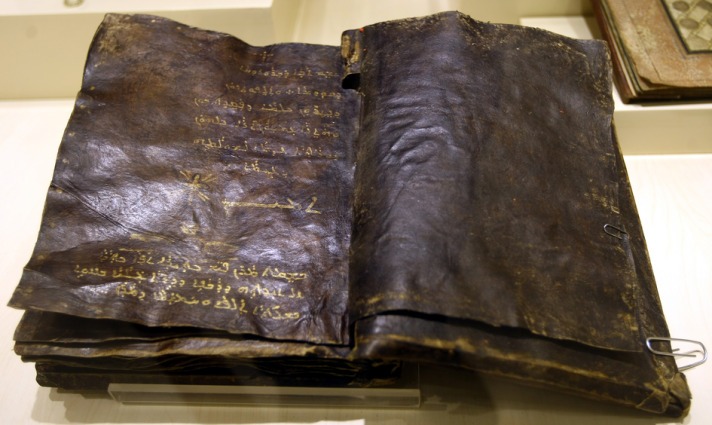Despite some promising developments, Christians in Turkey continue to suffer attacks from private citizens, discrimination by lower-level government officials and vilification in both school textbooks and news media, according to a study by a Protestant group.
In its annual “Report on Human Rights Violations,” released in January, the country’s Association of Protestant Churches notes mixed indicators of improvement but states that there is a “root of intolerance” in Turkish society toward adherents of non-Islamic faiths.
“The removal of this root of intolerance is an urgent problem that still awaits to be dealt with,” the report states.
“There is still a lot of room for improvement,” said Mine Yildirim, a member of the legal committee for the association. “These problems have not been solved in some time.”
The report documented 12 attacks against Christians in 2011, including incidents in which individuals were beaten in Istanbul for sharing their faith, church members were threatened and church buildings attacked. None of the attackers have been charged. In some of the attacks, the victims declined to bring charges against the assailants.
In some places in Turkey, some church leaders have to “live under some sort of police protection,” the report reads.
“There are at least five church leaders who have bodyguards, and at least two have a direct phone line to a police protection unit,” the report states. “Several churches have police protection during worship services.”
Yildirim said attacks have increased since the previous year, and that much of the problem lies in the fact that the Turkish government won’t admit there is a problem. The state routinely characterizes attacks on Christians as isolated acts of violence rather than the result of intolerance within elements across Turkish society.
“I think it has to be identified as a problem by the state, initially,” Yildirim said. “It is a problem that nothing is being done about at all.”
There are an estimated 120,000 Christians in Turkey, of which 3,000 are Protestants. Sunni Muslims make up close to 99 percent of the country’s 75 million people, according to United Nations’ population figures.
Attacks against Christians come from those who, at a minimum, question the “Turkishness” of Christian nationals or who, at the extreme, view Christians as spies out to destroy the country from within. Many of the more horrific attacks, such as the 2007 torture and killing of three Christians in Malatya, have been linked to members of nationalist movements. The criminal case into the murders continues without a court ruling thus far.
Along with attacks, Christians in Turkey continue to have problems establishing places of worship. The worst incident in that regard last year was on Dec. 23, when the local government of Istanbul’s Sancaktepe district sealed the entrance to the floor of a building rented by the Istanbul Family Life Association, allegedly because of licensing issues.
“When individuals went to the municipality to inquire about the situation, they were told there would not be any activity by the association allowed in that area and that the seal would not be removed,” the report states. “In the same building there are bars and cafes that continue their work along with other businesses. It is only the church association activities that are being banned; they are targets of hate speech and open favoritism of others.”
The report also identifies state policies that single out Christian children for harassment or vilification. A civics book, “The History of the Turkish Republic’s Reforms and ‘Ataturkism,’” taught to eighth-grade students, continues to characterize “missionary activities” as a national threat. The Ministry of Education ignored the association’s efforts to change the language, according to the association’s report.
“This example vividly shows that prejudice and intolerance has been built up by the Ministry of Education and has been worked into the thinking of others,” the report states.
Along with the government, the association points a finger squarely at Turkish news media for perceived bigotry toward Turkish Christians.
“The increase in the slanderous and misinformation-filled and subjective reporting with regard to Christians in 2011 is a worrisome development,” the report states.
Being a Christian is often characterized in the news media as a negative thing, according to the study, and many legal activities of church bodies were portrayed as if they were illegal or a liability to society. Some church groups were falsely linked to at least one terrorist group.
Despite all the problems, Christian Turkish nationals are still faring better than their regional counterparts in countries such as Iran, Iraq and Egypt. The report notes some positive developments in Turkey over the past year, including school administrators being more responsive to the rights of non-Muslim students to opt out of state-mandated Islamic education.
In addition, due to a court order, Turkish citizens are allowed to leave the religious affiliation space blank on their state-issued identification cards. The association noted that some government agencies have been more responsive to concerns about the rights of the Christian minority.
Yildirim declined to speculate on the future of Christians in Turkey but concluded, “Change can happen in Turkey; it just needs to be a priority.”
Link

